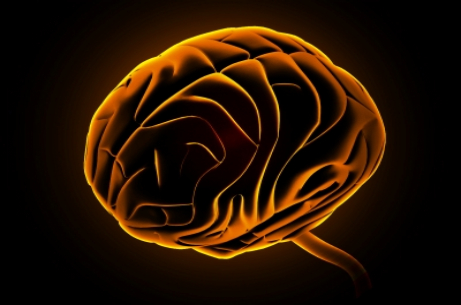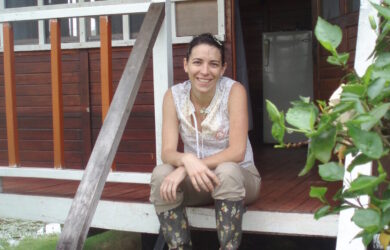
Diego Bravo co-authors a study showing the brain's rapid response to external stimuli.
Research which could improve our knowledge of how the human brain functions has been co-authored by a Gates scholar.
Diego Bravo [2010] is co-author of an article in the December issue of the European Journal of Neuroscience.
The article, Close temporal coupling of neuronal activity and tissueoxygen responses in rodent whisker barrel cortex, looks at the time delay between an increase in brain activity as a result of external stimuli and the increase in oxygenated blood supply that is required to process the increased activity. To do this, the researchers stimulated the whiskers of rodents and studied the activity and oxygen supply to the area of the brain that processes the information from the whiskers.
Scientists rely heavily on the use of functional Magnetic Resonance Imaging [fMRI] to study brain functioning. This detects what brain areas are more active during the performance of particular tasks. However, fMRI doesn’t measure activity directly, but shows metabolic changes in a particular area of the brain.
Until now the delay in vascular response to stimuli was thought to be of the order of seconds, but the new study shows detectable responses just after just 50 miliseconds, 40 times faster than previously thought. Diego says: “This means future studies on the functioning of the human brain can be much more precise and detailed. Knowing the timeline of the response will also help those studying the detailed mechanisms behind the neurovascular coupling to identify the intervening processes.”
The study also looked at how oxygen is distributed through the six layers of the neocortex in response to external stimuli.
The research featured in the paper was part of Diego’s MSc in Neuroscience. He is currently doing a PhD in Physiology, Development and Neuroscience, studying the mechanisms of generation and transmission of high frequency (gamma) synchronic activity in the hippocampus.
Read the full paper.
Picture credit: Dream designs and www.freedigitalphotos.net












